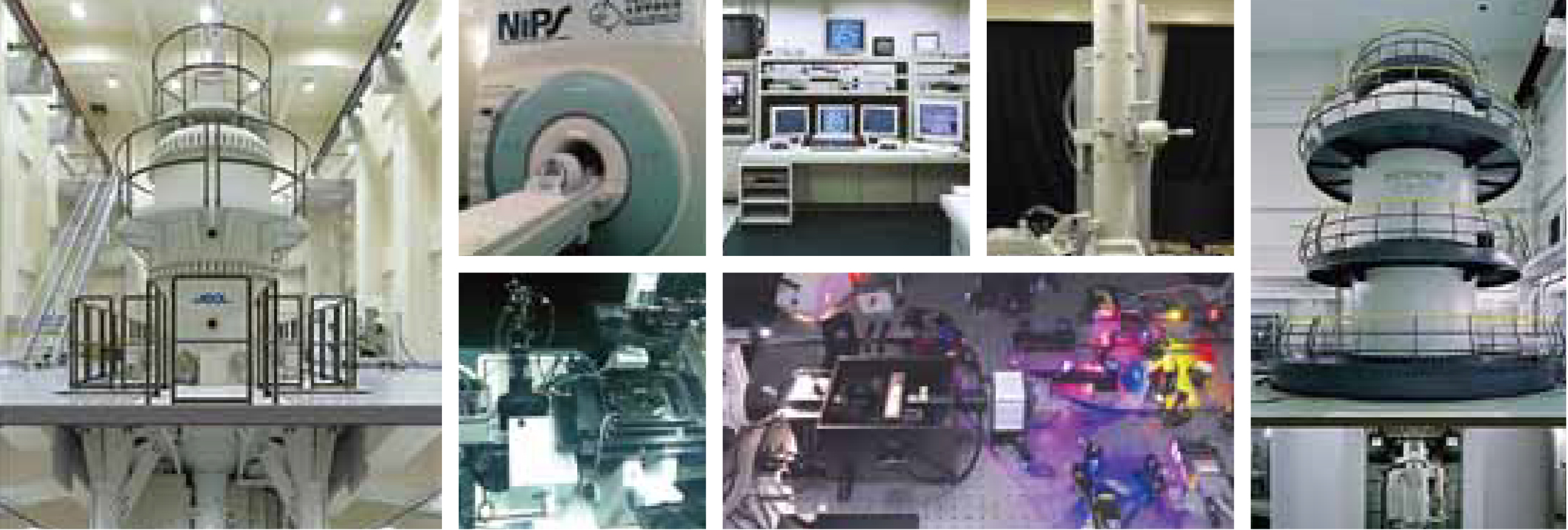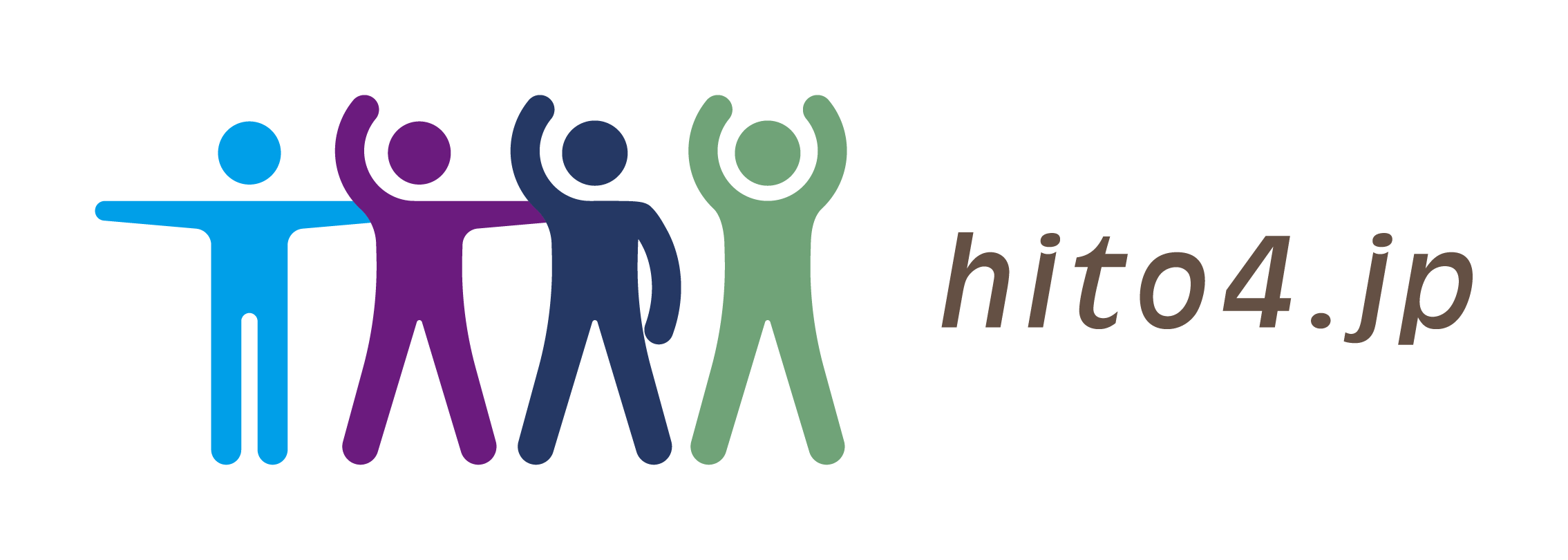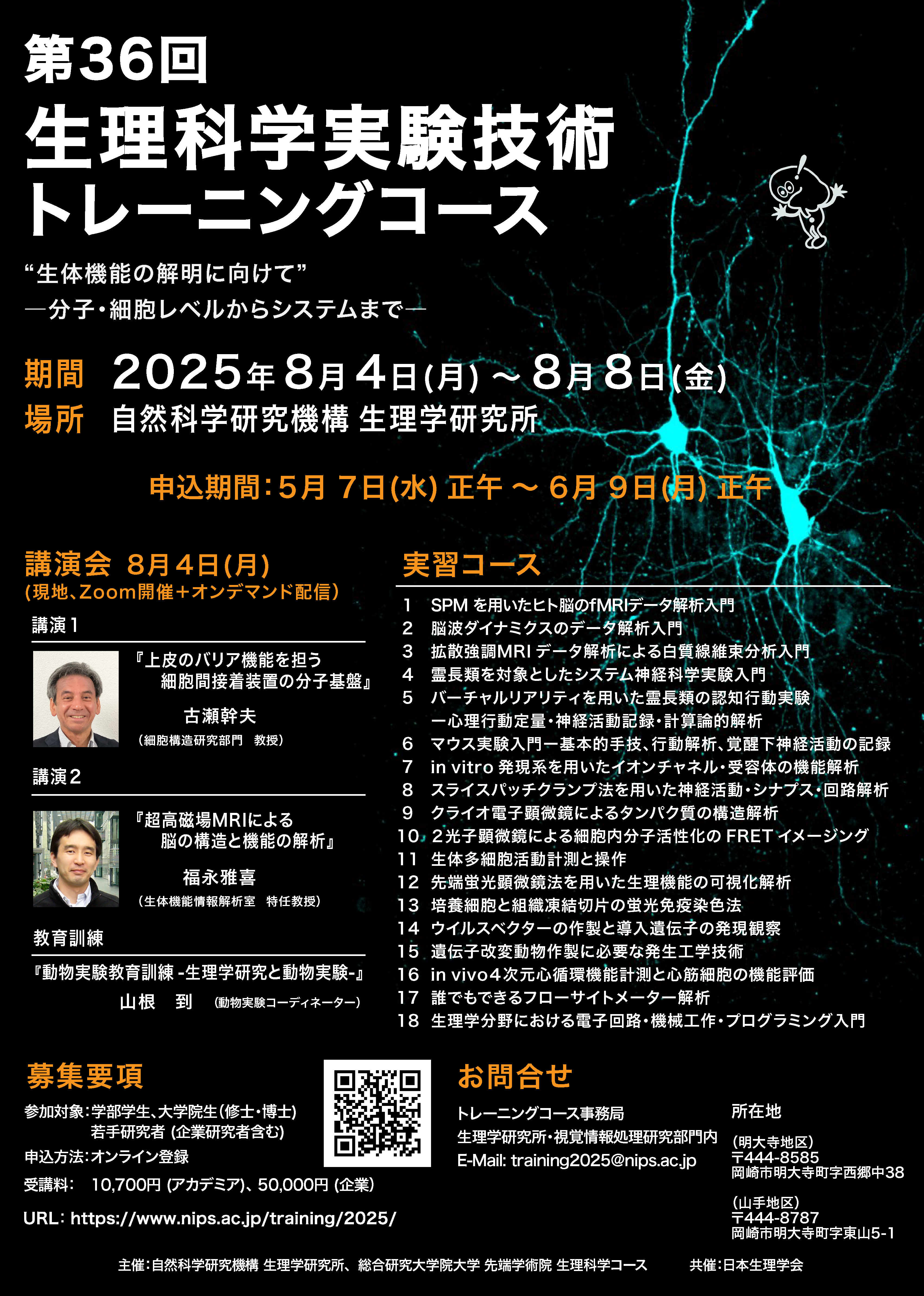About NIPS
NIPS-Led Projects
1. Japan-U.S. Brain Research Cooperative Program
Japan-U.S. Science and Technology Cooperation Program has been implemented since 1979 under the treaty concluded between the governments of two countries, of which "Brain Research" Division was commenced in the year 2000. National Institute for Physiological Sciences from Japanese side and National Institute of Neurological Disorders and Stroke (NINDS), a sub-organ of NIH, from the U.S. support the cooperative projects of researchers of both countries as the responsible agency. The expenses necessary for the projects are borne respectively by each country, in principle, and most of the subsidies provided by Japan Society for the Promotion Science are used for travel expenses and living expenses of the researchers dispatched to the United States.
See details:https://www.nips.ac.jp/jusnou/eng/
2. Multidisciplinary Frontier Brain and Neuroscience Discoveries (Brain/MINDS 2.0)
2021 - 2029

From FY2023, the National Institute for Physiological Sciences (NIPS) has been adopted as the core organization of the newly launched AMED program, the Multidisciplinary Frontier Brain and Neuroscience Discoveries. (Brain/MINDS 2.0) This program will strengthen collaboration between basic and clinical medicine and between academia and industry, and utilize innovative technologies and research results to elucidate brain mechanisms and promote research into breakthrough diagnosis, treatment, and drug discovery seeds for dementia and other neurological disorders.
URL:https://brainminds.jp/
3. Advanced Bioimaging Support (ABiS)
2022 - 2027

The Advanced Research Support is operating the administrative office of the Advanced Bioimaging Support (ABiS), which is newly launched in 2022 as a project of FY2022-2027 Grant-in-Aid for Transformative Research Areas ― Platforms for Advanced Technologies and Research Resources. ABiS is a framework for supporting cutting-edge imaging techniques (observation of samples and data analysis) using various types of microscopes and MRI, where the National Institute for Physiological Sciences (NIPS) and the National Institute for Basic Biology (NIBB) work as the core organizations. Through the collaborative research that these institutes promote, ABiS is forming a network with domestic partner organizations to provide custom-made support for bioimaging techniques.
URL:https://www.nibb.ac.jp/abis/

4. “Frontier of Spin Life Sciences”:MEXT Promotion of Development of a Joint Usage/Research System Project: Coalition of Universities for Research Excellence Program (CURE)

Furthermore, we collaborated with four leading node institutions in various fields to establish "Frontier of Spin Life Sciences" is a nationwide collaborative and joint usage research framework that consolidates diverse Magnetic Resonance (MR) equipment and a wide array of specialized researchers and engineers.
This collaboration accelerates trans-disciplinary studies, fosters cross-sectoral talent development and exchange, and drives the advancement of "Spin Life Sciences" and next-generation technologies.
URL:https://www.nips.ac.jp/spinl/
5. Program for Forming Japan’s Peak Research Universities (J-PEAKS)
FUJITA HEALTH UNIVERSITY
“To establish a world-leading research center for solving psychiatric and neurological disorders and create a unique academic drug discovery ecosystem”

URL:https://www.fujita-hu.ac.jp/jpeaks/
RITSUMEIKAN UNIVERSITY

URL:https://r-jpeaks.ritsumei.ac.jp/
6.Human Science Research Area Collaboration Center for Human Development and Sociality
The National Institute for Physiological Sciences, Tamagawa University Brain Science Institute, Doshisha University Center for Baby Science, and Showa University Medical Institute of Developmental Disabilities Research together aim to deepen mutual collaboration in the field of human development and sociality. Through the promotion of interdisciplinary research and the construction of collaborative research environments, we will contribute to the promotion of science and technology as well as the development of young human resources.

Collaboration Projects with Industries and Universities
1.Social collaboration training course
Japanese only
URL:https://www.nips.ac.jp/cooperation/training/
Other Projects
1.Training Course
 Every summer, NIPS provides "NIPS Training Course" on physiological experimental techniques for young scientists - from molecular biology to system physiology. Please join us to learn traditional and advanced physiological techniques.
Every summer, NIPS provides "NIPS Training Course" on physiological experimental techniques for young scientists - from molecular biology to system physiology. Please join us to learn traditional and advanced physiological techniques.
URL:https://www.nips.ac.jp/training/2023/
(Japanese Only)
2. Database for Physiological Experimental Protocols
 Database for Physiological Experimental Protocols discloses various information about experimental animal models, microscopic images, tools, softwares and other experimental techniques.
Database for Physiological Experimental Protocols discloses various information about experimental animal models, microscopic images, tools, softwares and other experimental techniques.
URL:https://www.nips.ac.jp/tech/ipr/
Completed Projects
| Projects |
| Brain Mapping by Integrated Neurotechnologies for Disease Studies |
| Understanding human nature based on non-linear neuronal oscillation |

